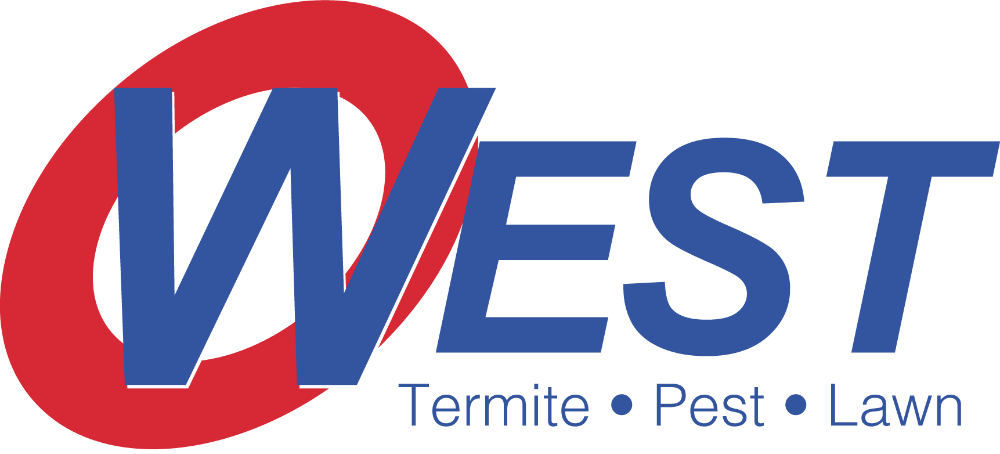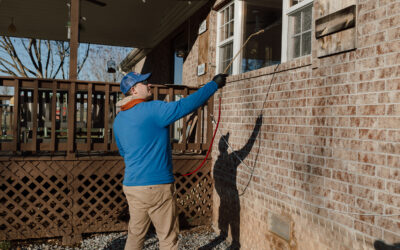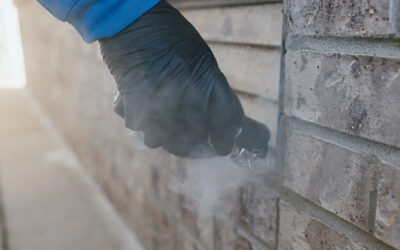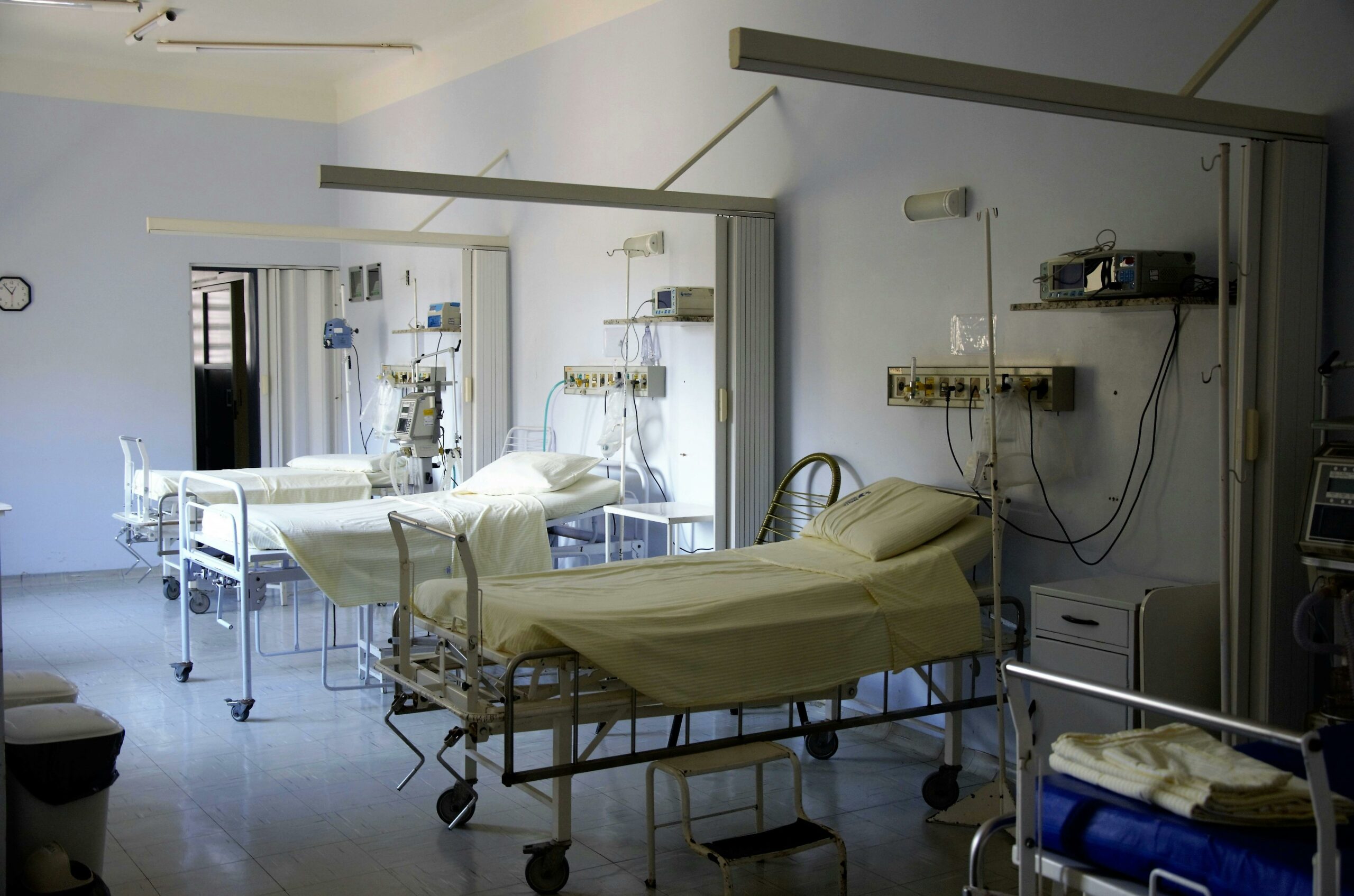
Why Pest Control in a Hospital is Necessary
Hospitals are environments where hygiene and safety are paramount. Patients come to these institutions seeking care and recovery, and any factors that could compromise their health must be meticulously managed. One such critical factor is pest control. Ensuring a pest-free environment in a hospital is not merely a matter of comfort; it is a necessity for maintaining the health and well-being of both patients and staff. Here, we delve into the reasons why pest control in hospitals is essential and how it contributes to the overall mission of healthcare facilities.
The Risks Posed by Pests in Hospitals
Disease Transmission
Pests such as rodents, cockroaches, and flies are known carriers of various pathogens. Rodents, for instance, can spread diseases like hantavirus, leptospirosis, and salmonella. Cockroaches can carry bacteria such as E. coli and salmonella, which can lead to severe gastrointestinal infections. Flies are notorious for spreading over 60 different types of diseases, including typhoid fever, cholera, and dysentery. In a hospital setting, where patients’ immune systems are often compromised, the presence of these pests can lead to outbreaks of infections that are difficult to control and can have severe consequences.
Allergic Reactions and Asthma
Certain pests, particularly cockroaches, can trigger allergic reactions and asthma attacks. Their droppings, shed skins, and saliva contain allergen proteins that can become airborne and be inhaled by patients and staff. In a hospital, where individuals with respiratory issues are already at increased risk, the presence of such allergens can exacerbate their conditions, leading to severe health complications.
Contamination of Sterile Environments
Hospitals have numerous sterile environments such as operating rooms, intensive care units, and laboratories. The presence of pests in these areas can lead to the contamination of sterile instruments, medications, and other critical supplies. This contamination can result in severe infections, complications during surgeries, and the potential failure of medical treatments.
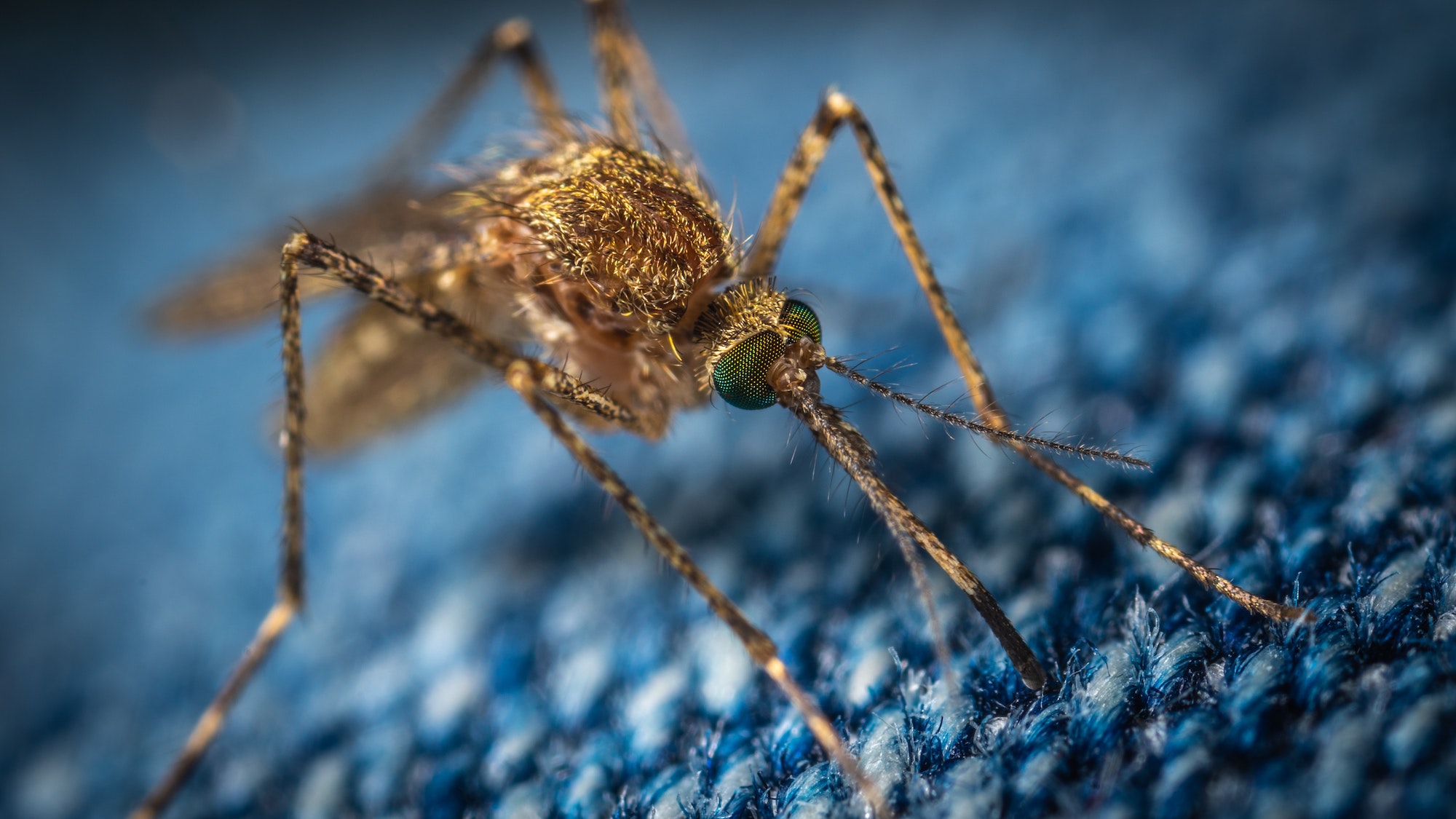
The Importance of Regular Pest Control
Preventative Measures
Regular pest control services are crucial in preventing infestations before they start. By employing preventative measures, such as sealing entry points, proper waste management, and routine inspections, hospitals can significantly reduce the likelihood of pests entering the premises. Preventative pest control not only helps in maintaining a clean environment but also reduces the need for more aggressive and potentially disruptive treatments.
Monitoring and Early Detection
Implementing a regular pest control schedule ensures continuous monitoring and early detection of any pest activity. Early detection is key to managing infestations swiftly and effectively before they escalate into a larger problem. Pest control professionals are trained to identify the early signs of infestations and can take immediate action to mitigate the issue.
Ensuring Compliance with Health Regulations
Hospitals are required to comply with strict health and safety regulations, which include maintaining a pest-free environment. Regular pest control services help hospitals stay in compliance with these regulations, thereby avoiding potential fines, legal issues, and damage to their reputation. Ensuring a pest-free environment also reflects the hospital’s commitment to providing the highest standard of care to its patients.
The Role of Professional Pest Control Services
Professional pest control services bring expertise and specialized knowledge to effectively manage and eliminate pests in hospitals. They use safe and effective methods that minimize disruption to hospital operations and ensure the safety of patients and staff. Additionally, professional pest control companies offer tailored solutions to address the unique challenges of each hospital environment.
West Termites & Pest is a trusted name in pest control, with locations across Arkansas and Oklahoma. The company provides comprehensive services, including pest control, termite control, and lawn care & treatment. Understanding the critical need for pest control in sensitive environments like hospitals, we offer specialized services to ensure a pest-free environment.
One of the standout features of West Termites & Pest is our commitment to customer satisfaction, which is evident in our offer of free consultations. This allows hospitals to assess their pest control needs without any initial financial commitment, ensuring they receive the most effective and tailored solutions.
For more information or to schedule a free consultation, contact West Termites & Pest today. Your commitment to a pest-free hospital starts with a single call, ensuring a safer, healthier environment for everyone.
Call your local West Termite location or fill out the form
on our contact page to schedule your inspection today!
More posts from West Termite, Pest & Lawn
Pestproofing Entry Points Before Spring
As spring approaches in Arkansas, homeowners face an increased risk of pests seeking warmth, food, and shelter. Many infestations begin with small, unnoticed entry points that allow insects, rodents, and other pests to move indoors. Pestproofing your home before the...
Early Spring Termite Activity in Arkansas
As Arkansas begins to warm in early spring, homeowners may assume termites remain dormant until the summer months. In reality, spring termite colonies can become active much earlier, especially as soil temperatures rise and moisture levels increase. Subterranean and...
Preparing Your Home for Early Spring Pests
As winter fades and temperatures rise in Arkansas, homes become vulnerable to a fresh wave of early spring pests. Early spring is a critical time to take preventive action because insects, rodents, and other pests start emerging from dormancy, seeking food, warmth,...
